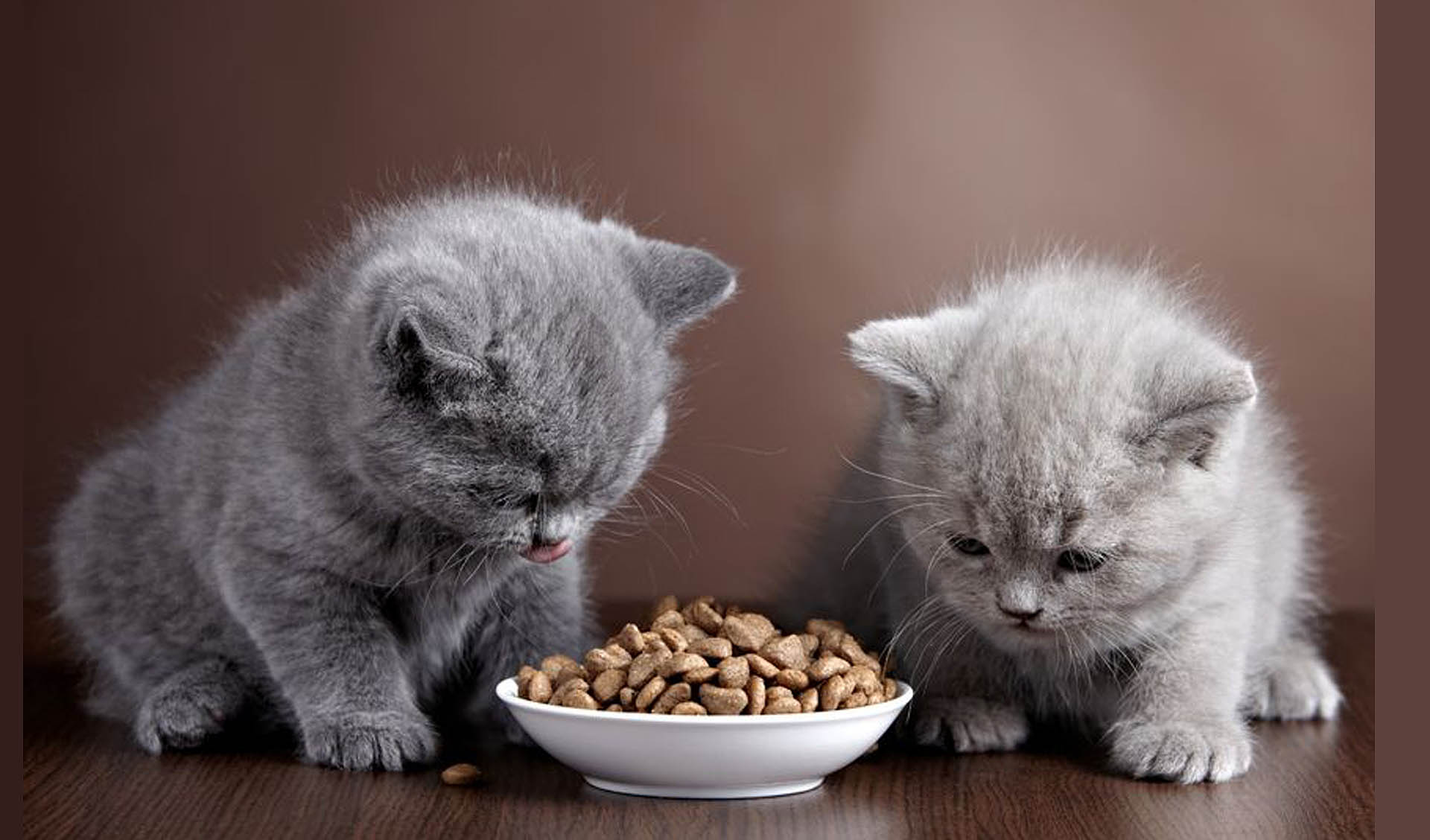Trying to choose the best food to feed your pet can be confusing. Pet owners are inundated with conflicting information from many different sources: the pet store, their veterinarian, friends and family, television advertisements and, of course, the internet. Now, with the introduction of grain free pet foods, the decision has become even more difficult. But is grain free pet food really better.
Grains are an important part of your pet’s diet as they provide an excellent source of carbohydrates which are necessary for producing energy. High quality foods, such as those available at your veterinarian, have grains included as part of a well-balanced and thoroughly researched nutrient profile. Poor quality foods that contain grains simply as cheap filler are not beneficial to your pet and are best avoided. It is important to remember that the inclusion of grains does not necessarily indicate a lower quality food.
Contrary to popular belief, grains are in fact easily digested by your pet. Grain free diets were first formulated for dogs with grain sensitivities; a high quality grain free diet may be appropriate for your pet if this is the case. However, it is important to first discuss nutrition with your veterinarian since not all pets thrive on a grain restricted diet.
Many pet food companies market their product with the consumer in mind. They use ingredients that seem more attractive to the owner, when those ingredients may in fact be less nutritious than the grains they are replacing. It is important to understand that grain free does not mean carbohydrate free since all foods require carbohydrates, such as potatoes or corn, which are used as a binder during processing.
When choosing a pet food, we recommend trying to get the answers to the following questions about the dog food company:
- Do they have veterinarians on staff?
- Who formulates their diets?
- What food trials have been done?
- What other research has been done?
- What quality control measures do they have?
When it comes to feeding your family pet, there is no “one size fits all” diet. Each animal will have different needs and those needs will change throughout their various life stages. That is why it is important that you visit your veterinarian regularly to discuss your particular pet’s dietary needs. For more information about your pet’s nutritional requirements, contact Centrepointe Animal Hospital.

